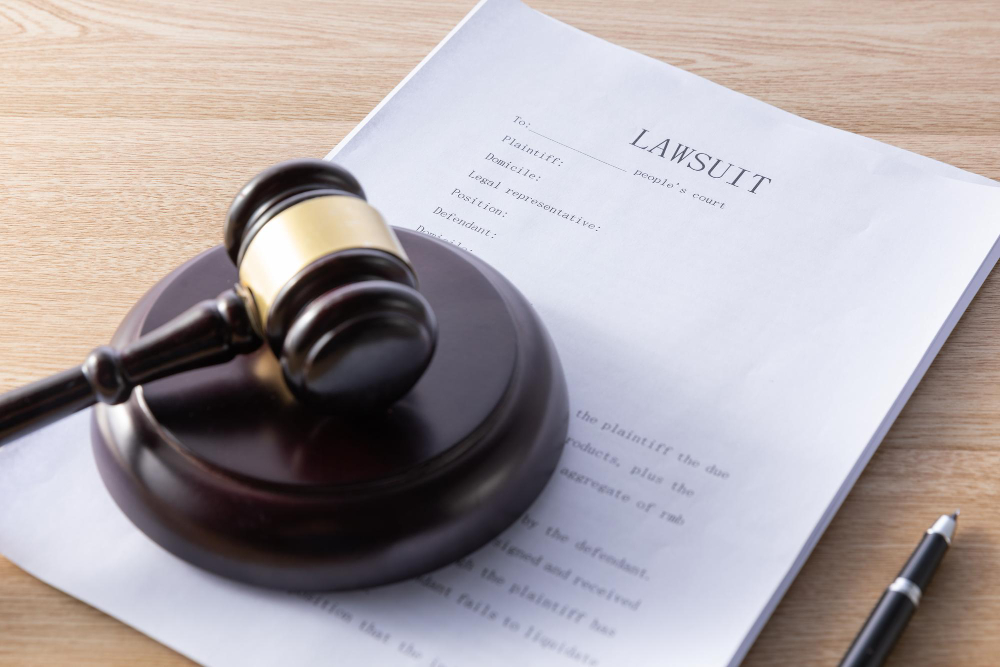Is Prostitution Legal?
|
The legality of prostitution remains one of the most controversial and misunderstood issues in the world today. While discussions often focus on morality or personal beliefs, the legal dimension is far more complex and varies dramatically across countries. What may be perfectly legal in one nation can be a serious criminal offense in another.
 In essence, prostitution sits at the intersection of law, ethics, economics, and human rights. To understand the debate, it’s important to examine how different societies view the act of exchanging sexual services for payment and what legal systems have done to regulate, prohibit, or tolerate it. A comprehensive breakdown of these distinctions can be found here: Is Prostitution Legal?. Historical ContextProstitution is often described as one of the oldest professions, with historical evidence tracing back to ancient civilizations such as Mesopotamia, Greece, and Rome. In many ancient cultures, prostitution was not only tolerated but institutionalized — often linked to religious practices or public service. However, attitudes shifted significantly in the Middle Ages and modern periods, influenced by religious teachings, colonial lawmaking, and social reforms. In the 19th and 20th centuries, many Western and postcolonial governments began criminalizing prostitution, citing moral decay, public order, and health risks. Yet, even then, enforcement was inconsistent, and underground sex work persisted, often putting vulnerable individuals at greater risk. Legal Models Around the WorldToday, countries generally adopt one of three broad legal approaches to prostitution: Criminalization:This model treats both buying and selling sex as criminal offenses. Countries such as most U.S. states (except Nevada), India, and several African nations follow this system. It aims to discourage prostitution altogether but often ends up pushing it underground.Decriminalization or Legalization:This framework allows prostitution but regulates it through laws similar to other professions. Nations like Germany, the Netherlands, and New Zealand have implemented licensing systems, mandatory health checks, and worker protections. These laws seek to reduce exploitation and promote safety while recognizing the agency of consenting adults.Partial Criminalization or Nordic Model:Some countries, such as Sweden, Norway, and Canada, penalize buyers of sex but not sex workers. The idea is to reduce demand while protecting individuals engaged in prostitution from punishment. However, this approach remains controversial, with mixed results regarding safety and social stigma.Ethical and Social DimensionsThe legal status of prostitution often mirrors a society’s moral compass. In conservative nations, laws against prostitution are justified on moral and religious grounds, viewing the act as inherently degrading or immoral. In contrast, secular and rights-based societies tend to prioritize personal freedom and health regulation over moral policing. Supporters of decriminalization argue that when prostitution is treated as legitimate work, it empowers sex workers to report abuse, access healthcare, and negotiate fair terms. It also allows governments to monitor and regulate the industry, preventing human trafficking and exploitation. Opponents, however, contend that prostitution inherently commodifies human intimacy and can lead to social harms, such as reinforcing gender inequality or facilitating organized crime. These debates highlight why prostitution laws remain among the most contested in modern governance. Human Trafficking and Legal MisconceptionsA major challenge in prostitution law is distinguishing between consensual sex work and human trafficking. Although they are legally distinct, the two issues are often conflated in public discourse. Trafficking involves coercion, deception, or exploitation — all of which are criminal under international human rights law. Prostitution, when voluntary, does not inherently involve exploitation. However, weak regulation or blanket bans can blur these lines. In nations where prostitution is illegal, sex workers often lack legal protection, making them more vulnerable to violence, corruption, and trafficking networks. Understanding this distinction is essential for creating laws that protect victims without punishing those who engage in consensual work. The Role of Legal AwarenessPublic education and legal literacy are vital for addressing misconceptions and building safer frameworks for all individuals involved. Awareness helps citizens understand their rights, obligations, and the scope of laws in their country. It also helps policymakers craft evidence-based legislation that balances moral concerns with human dignity and freedom. A deeper understanding of legal awareness and how different systems handle such sensitive issues can be explored through international legal perspectives, such as those shared on Best Lawyers in United States, where global legal trends, social justice topics, and case studies shed light on how societies can protect both freedom and fairness. Looking AheadAs societies evolve, the discussion around prostitution will continue to test the boundaries of law, morality, and individual rights. The growing emphasis on gender equality, consent, and public health has already prompted many nations to revisit outdated laws and consider more humane, realistic approaches. |
«
Return to OFBiz
|
1 view|%1 views
| Free forum by Nabble | Edit this page |

